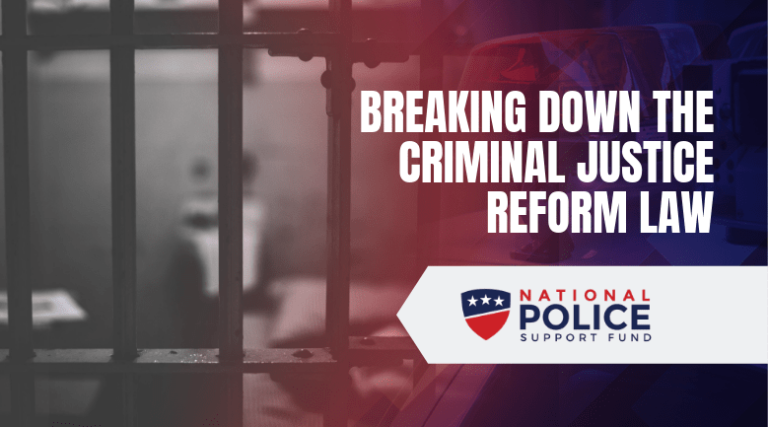Criminal justice reform has been a major topic of debate in America for decades, marked by strong and unwavering stances on both sides of the issue. That is, until last month, when Congress and President Trump passed The First Step Act. The passage of the criminal justice reform bill marked a major breakthrough for proponents of criminal justice reform, but has also been met with widespread skepticism by many.
Breaking Down the Criminal Justice Reform Law
So what does the First Step Act actually mean for criminal justice reform? Here are a few key facts you should know about the new law.
The law only affects federal criminal justice reform
The First Step Act reinforces a 2010 law, the Fair Sentencing Act, which sought to reform criminal justice at the federal level. The new law has no bearing on criminal justice laws in the states, but rather reforms certain aspects of the federal criminal justice system.
The law seeks to soften minimum sentencing for federal offenses
One of the main aspects of the First Step Act is to ease minimum sentencing requirements for those convicted of crimes under federal law. Prior to the First Step Act, federal judges were bound by strict guidelines for minimum sentencing for certain federal offenses. The First Step Act ultimately seeks to give judges more discretion in sentencing. The law also does away with the practice of stacking gun charges against individuals, which would ultimately lead to shorter prison sentences for those convicted of violent crime under federal law.
Expansion of “good time” credits
Prior to the passage of the FIrst Step Act, federal inmates with no disciplinary record would be given 47 days of “good time” credit toward their sentences. Under the new law, the annual credit for “good time” is increased to 54 days per year. This provision furthers the Act’s purpose of shortening prison sentences for federal offenders.
Furthermore, the First Step Act implements “earned time credits”. Inmates who participate in vocational programs now have the opportunity to be released early to halfway houses or house arrest. Proponents of the law argue that this practice would increase the likelihood that criminals would not offend again. That point, however, continues to be a major topic of debate.
Although the First Step Act was passed by a Republican Congress and signed by a Republican President, the issue of criminal justice reform remains a partisan issue and the debate is sure to go on into the future. Time will tell whether shorter sentences for federal offenders will actually deter crime or make the crime problem worse.








